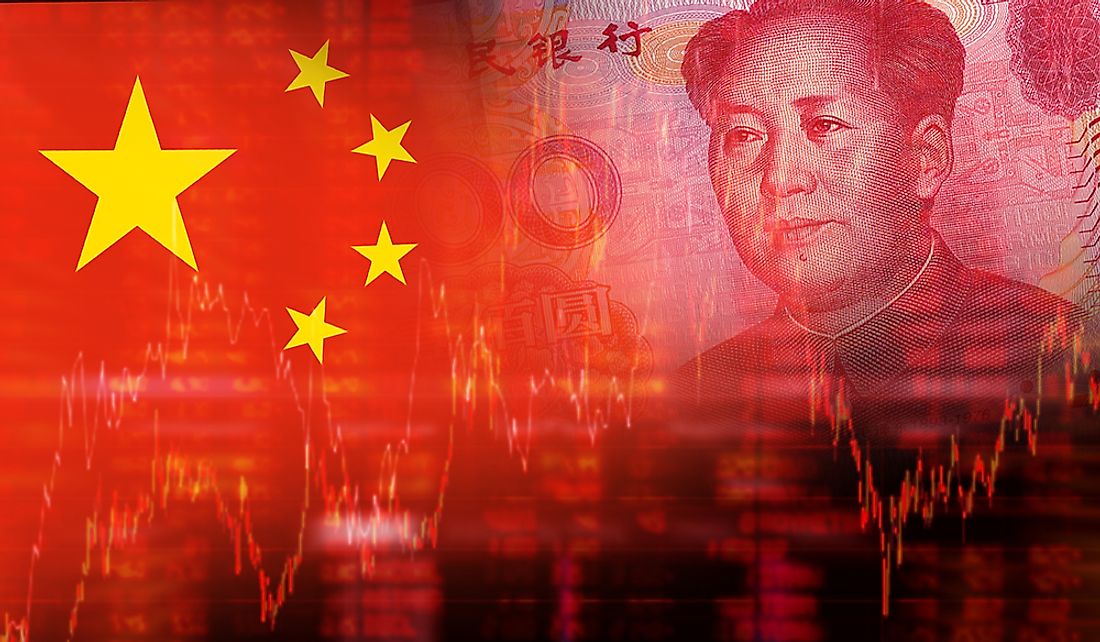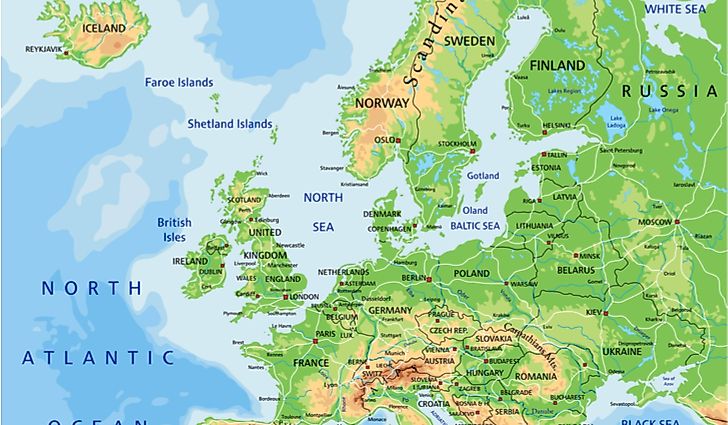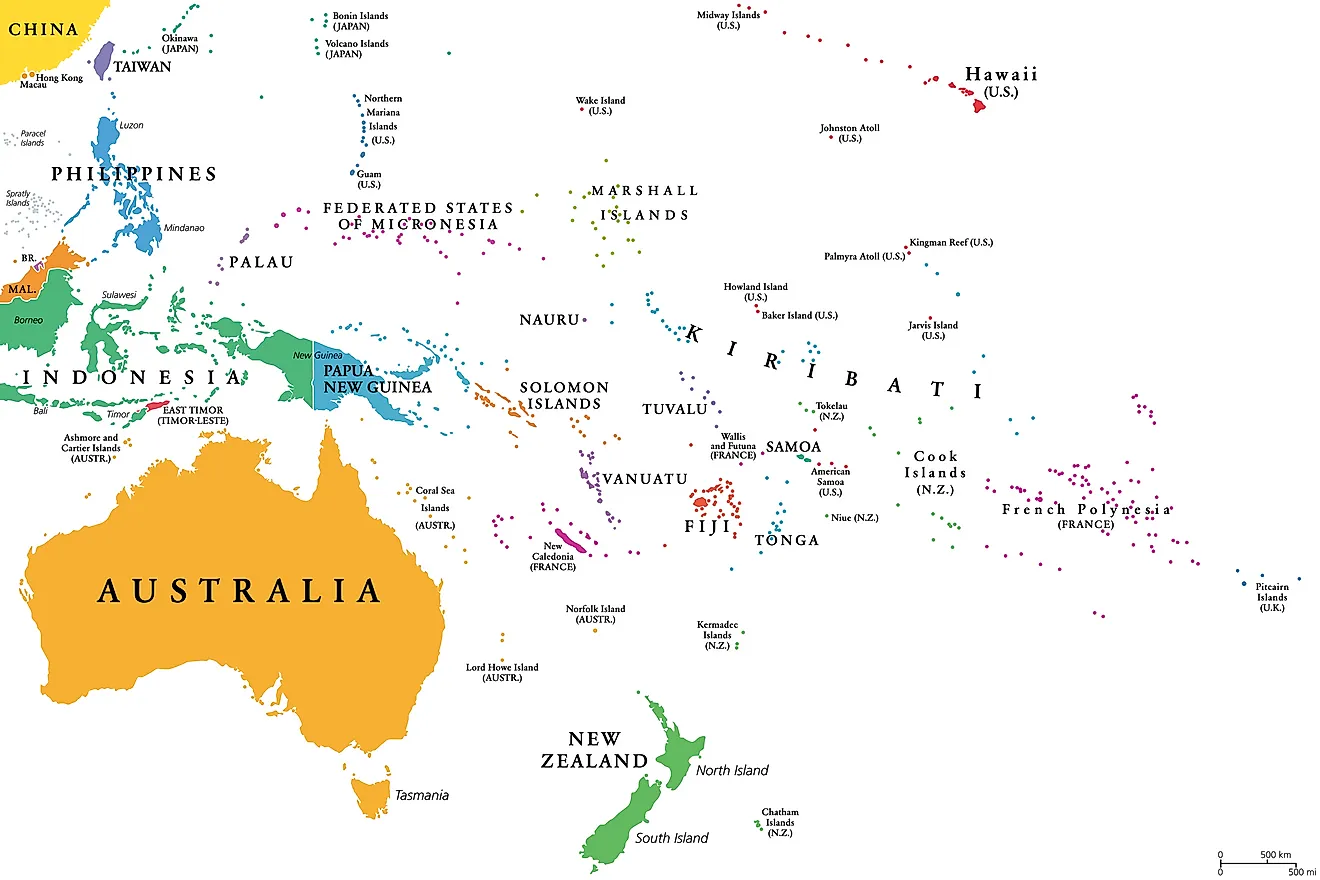What Kind of Economy Does China Have?

China has the second-largest economy in the world in terms of nominal gross domestic product (GDP), and the largest economy in terms of purchasing power parity (PPP). Officially the People’s Republic of China, the country had an estimated nominal GDP of $13.457 trillion in 2018, while PPP in that same year stood at approximately $25.313 trillion. China operates as a socialist market economy, which is characterized by state-owned enterprises and public ownership within a market economy. By definition, a market economy is one in which key decisions in the economy are controlled by supply and demand, which are the two key factors that influence prices. According to the government of China, the economy is one of the stages towards achieving full socialism. However, some economists argue that the current form of state ownership in China is actually a type of state capitalism and not a socialist market economy.
Is China's Economy Socialist?
Some economic experts claim that China's economy represents state capitalism rather than a socialist market economy. This claim emerged in the 1980s and the 1990s after the country experienced various industrial and economic reforms. Additionally, the argument for state capitalism is linked to the way in which the country runs the enterprises that it owns. The Chinese government operates these enterprises the same way that privately owned firms operate, meaning that the government keeps all profits. However, in a true "socialist" system, these profits would be distributed in a way that benefits the entire population. Therefore, critics question whether the word "socialist" should be used to describe China’s economy.
In response to such arguments, China's government introduced a reform program in 2017. Under the program, the government encourages enterprises owned by the state to submit dividends to the central government. In addition, the government transferred some of its state-owned assets to social security funds. These transfers are designed to help ensure that pensions are financed, or could be used to fund other social programs.
Research on China's Economy
In 2005, two Chinese economists, Chenggang Xu and Julan Du, conducted a study designed to determine the type of economy that operates in China. Interestingly, they concluded that the system encourages capitalism and that it does not represent a socialist market economy. More precisely, the two experts described the economy as an unstable form of capitalism. This conclusion was reached after the study noted that the country’s economy allows for private share ownership, particularly through the financial markets. Most literature on market socialism agrees that this type of private share ownership should not exist in market socialism. The study's conclusion was also explained by the fact that enterprises keep all profits instead of redistributing them to the public. Other studies have not arrived at the same conclusions, but mostly agree that the country does not practice market socialism.







